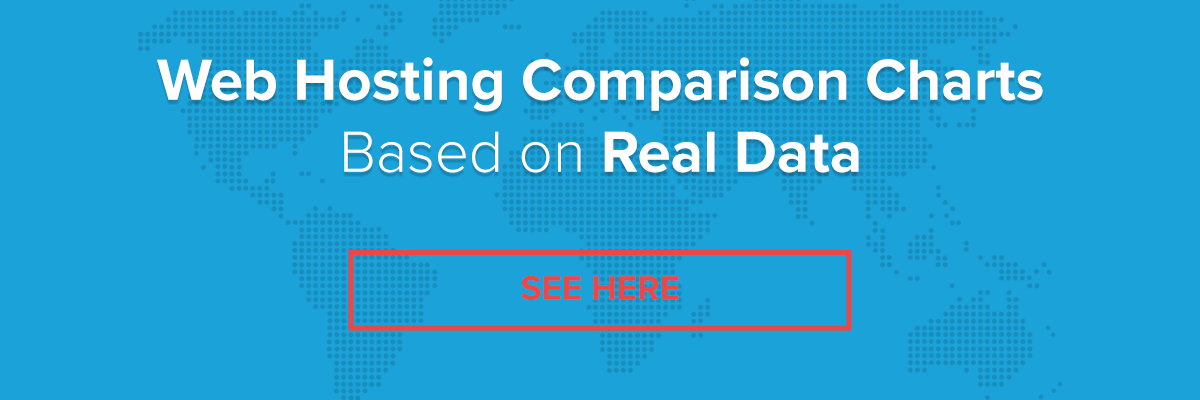Often times, web development blog posts recite easy to understand, step-by-step instructions on how to optimize XHTML code for SEO. Generally, I think this is good. The fact is, web users have low attention spans, and usually the best way to get a message across is to state it simply in point form. But in order for developers and internet marketers to enhance their abilities over the long haul, more is necessary, as we’ll discuss. With this article I’ll show how online writers and readers alike can become part of a long-term commitment to making the web a better place to surf.
Why Lists of “Rules” Can Often Fail in the Long Run
It is often said that behind every rule there is an underlying principle. Let’s illustrate this with an example. When a blog post tells a user to use H1 tags for headings instead of something clunky like
<div class="header_main">My Example Heading</div>
then the whole reason behind the necessity of the H1 may become lost on the reader, especially a reader that is new to web development, or is picking it up simply as a hobby. In such a case, the reader needs to understand why such an approach to markup is necessary — not just that it is necessary. Simply stated, websites are more findable, search engine friendly, and faster loading when the markup is semantic. Now, I’m not going to go into the details of defining “semantic markup” here. That is a topic for another post. But I’m emphasizing that the rules can easily be forgotten over the long run if the readers are not understanding the reasons behind certain SEO techniques, best practice coding, and other standards-based ideas.
Online Writers and Readers Both Play a Role
So writers should be more aware of the effect their content will have on the future of web development, SEO, and the internet in general. We as writers should strive to teach others based on strong foundations and concepts that are clearly understood. Likewise, we as readers need to strive to read and learn from others based on strong foundations and concepts that are clearly explained. Both sides have a significant role to play in what the web will be like down the road.
Readers and Writers, Aim for a Stronger Foundation of Learning
Therefore, in conclusion, while the typical bulleted lists and point-form rule-sets have their place and can be very useful, the more important “reasons behind the rules” are what will truly enhance a reader’s development as a web site professional, and will, by extension, make the web a better place for all.



Nicely presented. I agree, it’s fundamental in our position to do more than deliver the “whats” to do. If we limit our instruction to “what” we breed robots. If we educate in the “whys” we breed intelligent SEOs and new innovation as they expand on the “whys.”